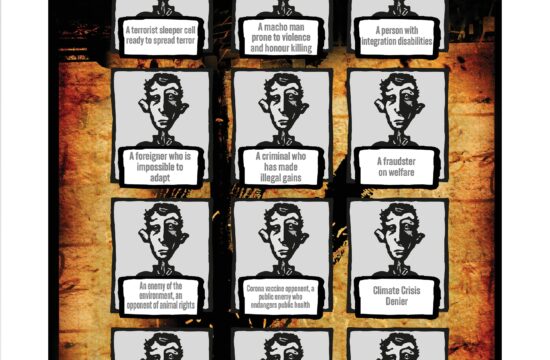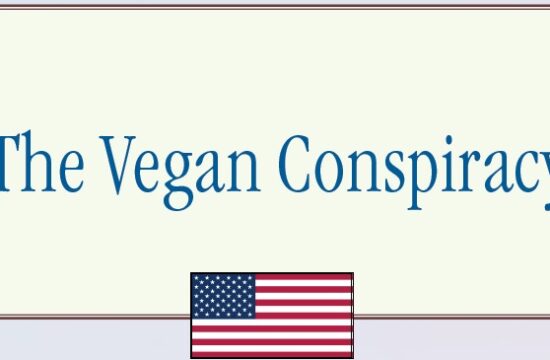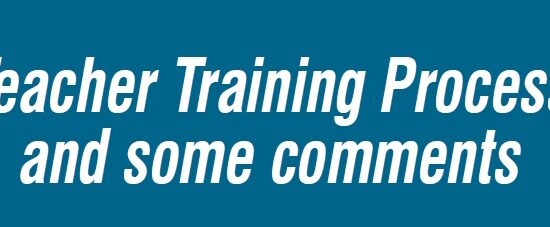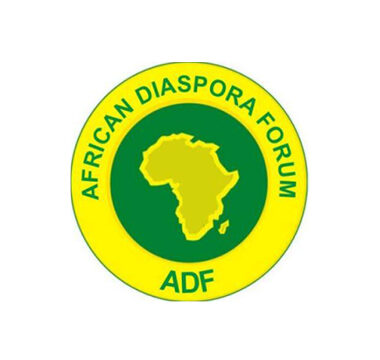South African Transport and Allied Workers Union
The South African Transport and Allied Workers Union (SATAWU) having been invited to the second lecture on the war in the Middle East under the title “What Role Trade and Student Union/ Organisations Can Play for Peace-Keeping in the Middle East?”, wishes to categorically place on record and reiterate its unequivocal solidarity with the people of Palestine before grappling with the question at hand. As a social movement union that played a role in the liberation of South Africa through domestic and international solidarity, we hold a view that our freedom is incomplete without the liberation of oppressed countries within the African continent, the Middle East, in general, and Palestine in particular.
Our conviction as a revolutionary trade union is to ensure that the virus of apartheid and neocolonialism ceases to replicate itself subtly in developed countries and aggressively in the Global South. When we talk about subtle and aggressive forms of oppression, we mean that, on one hand, suppression has been normalised through democratic and legislative processes, and on the other hand, subjugation is imposed through acts of violence and genocide such as the case in Palestine. The new wave of genocide is a consequence of ongoing terror attacks, humiliation, and oppression of the Palestinian people since they were placed under forced occupation for over seventy (70) years.
The current crisis has gripped the Middle East and equally polarised geopolitical conditions owing to competing vantage points, world outlooks, and ideological differences. We are also implicated in these developments by expressing, campaigning, and resisting any form of oppression, subjected to all workers of the world, and in this case the Palestinian proletariat and its broader working-class strata. The crisis in the Israel/ Palestine war has reached a level that has not been seen before. Two Million Five Hundred Thousand (2.5 million) people in Gaza are living under some of the most terrible conditions in the world. The Palestinian people are essentially trapped in what has been described as the world’s biggest open-air prison. These are the daily experiences of ordinary men, women, and children of Palestine.
Israel, with the support of the United States of America (U.S.A) and other Western allies, has been illegally occupying Palestine (in particular Gaza and the West Bank). This occupation has been characterised by constant military and police checks, blockades of food and other necessities from coming into those aforementioned regions, prevention of critical medical equipment and other health products from being brought in, as well as constant airstrikes.
These unbelievable conditions are a clear indication of neo-colonialism, where the indigenous people have their land forcefully taken, are imprisoned, and are subjected to sub-human conditions at the hands of external oppressors. Unfortunately, the Israeli state refuses to be open to the idea of a society where Israelis and Palestinians coexist peacefully and harmoniously. The concepts of power and resistance are being manifested through this conflict. It is in this very important context that groups such as Hamas emerge and embark on attacking Israel in a broad attempt to resist the actions of this state and end the occupation. The resistance however will have to continue and will have to be fought on many fronts. This will require that the trade union movement globally use its collective power to show resistance against Israeli occupation, as well as support and solidarity for the Palestinian people.
SATAWU has never been one to back away from issues that may be considered controversial. In both 2009 as well as 2021 the organisation embarked on a campaign at the Durban Port to refuse to offload goods that were from Israel. This was in line with the BDS (Boycott, Divestment, and Sanctions) movement as well as global union action in solidarity with the Palestinian cause. The Congress of South African Trade Unions (COSATU) of which SATAWU is an affiliate has played a crucial role in the establishment of the Coalition for a free Palestine. It has also participated in the Russel Tribunal on Palestine in 2011, as well as pushed for the inclusion of Palestine into UNESCO (United Nations Educational, Scientific and Cultural Organisation). Furthermore, in 2010 the federation sent a delegation to Palestine which was subsequently attacked by Israeli police. Joint programmes have also been conducted with Palestinian alliance partners in seeking to address this crisis. In a nutshell, the Federation, its affiliates and SATAWU continue to wage collective forms of action against the Israeli Apartheid state, however, we believe that there is still room for significant improvement. In answering the question, our recommendations are as follows:
1. Strengthen solidarity with the people of Palestine by working with progressive movements that share a commonality of interest to obliterate any form of colonialism and apartheid.
2. We must fight for the liberation of discourse that clarifies the material conditions affecting the people of Palestine as opposed to what the mainstream media preaches.
3. We must create, within our organisations, conditions that enable the work of progressive organisations such as PoliTeknik, to find expression within our existing political circles. These issues will then be disseminated and shared with our members such that the correct narrative can be widely communicated. This is important as it will give us a first-hand account and/ or live-experience perspective as opposed to only an analytical interpretation of the crisis.
4. We commit to strengthening our relations with BDS and also expand our networks with progressive organisations. This can also be achieved by activating the agency of our members as and when it is time to put our progressive ideas and perspectives into action.
5. We pledge to allow our members to participate in various workshops and campaigns on issues regarding Palestine, and we will also initiate joint and/ or progressive seminars to strengthen our collective knowledge and analyses. This will allow us to strategize to find pressure points that will strengthen our anti-apartheid Israel campaigns within the sectors that we organise.
6. Based on the nature of the relations we build, the union will be in a better position to introduce and integrate departmental and sector-specific programmes focusing on conditions in the Middle East. For example, Our International Relations, Gender, Education, Campaigns and Collective Bargaining departments, etc, must have a component of the Palestinian question in the work that they do. This would be subjected to the networks that we build and collaborative programmes that would emerge thereof.
7. We strongly believe that building international solidarity depends on establishing and strengthening networks and activating domestic agencies based on our vantage points or activist positioning.
In conclusion, we hope that the outcomes of this engagement will lead to practical solutions in the foreseeable future, where activist organisations develop joint programmes emanating from the experimentation of strategies and tactics informed by revolutionary theory. The surgical removal of this neocolonial virus also demands that we sharpen our campaigns, educational programmes, and other forms of action that will enable us to suppress and prevent it from ever replicating. Our first form of countervailing action is to pledge unwavering and unequivocal solidarity to the people of Palestine, and the rest will follow from our convictions to have a prosperous Global South irrespective of race, gender, and religious beliefs.











